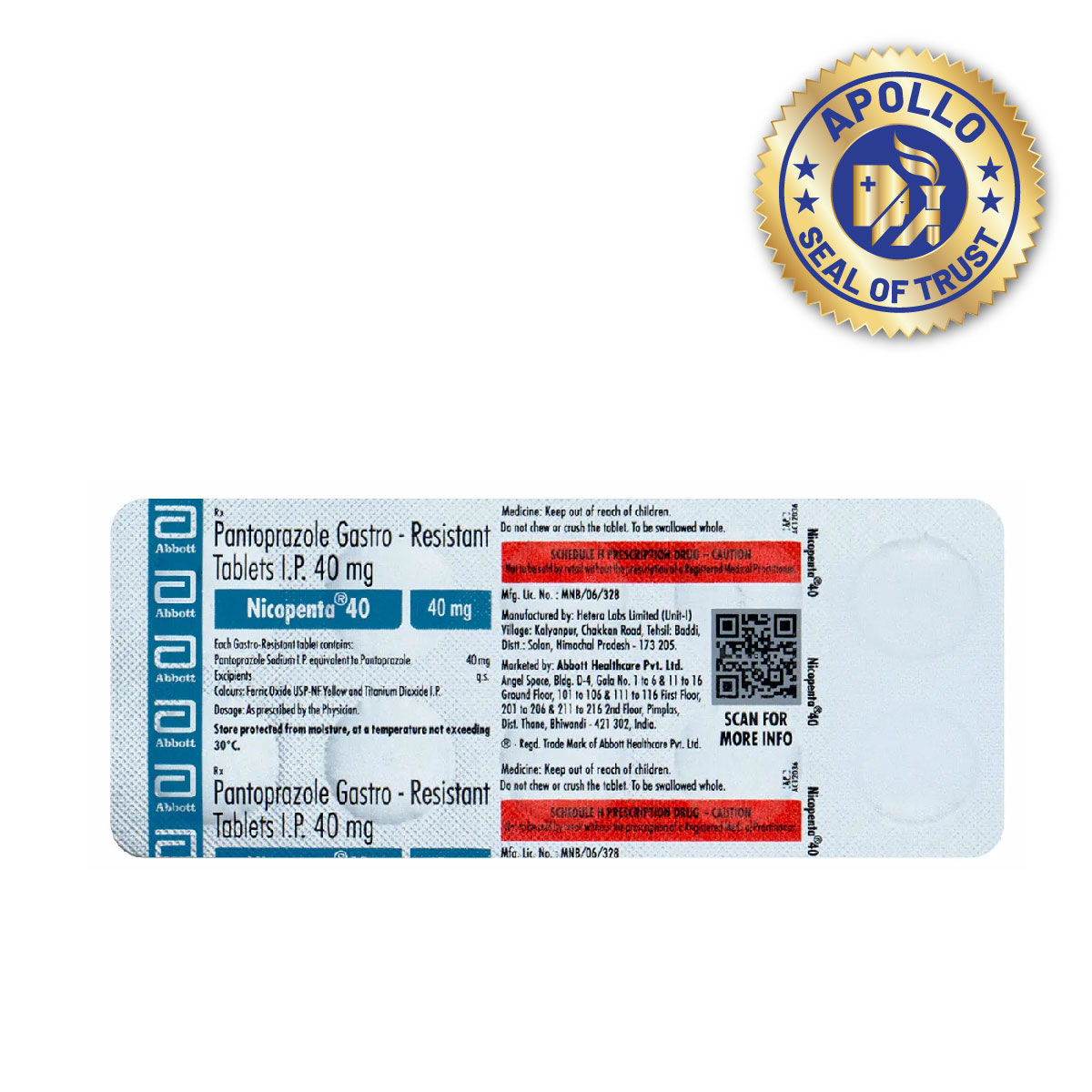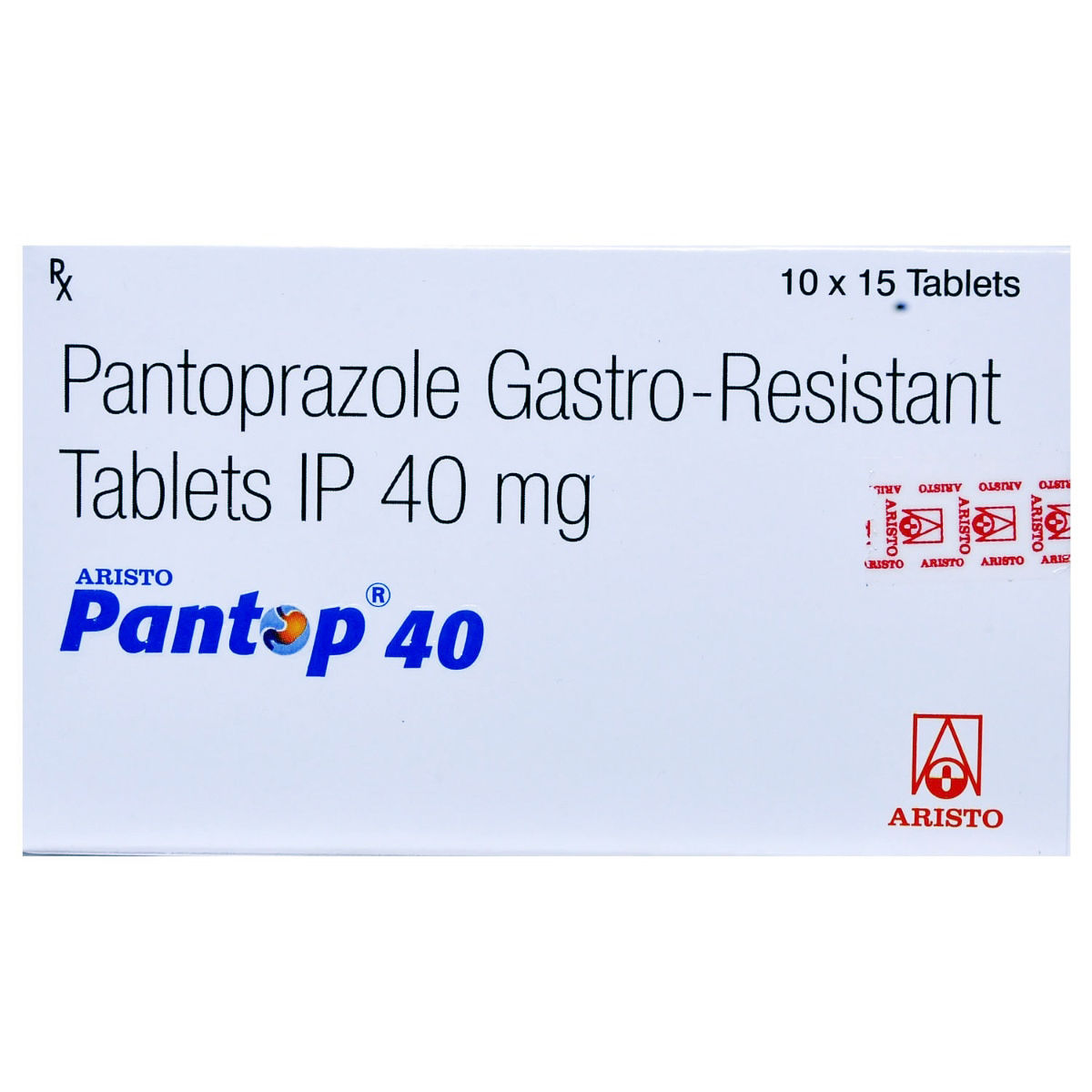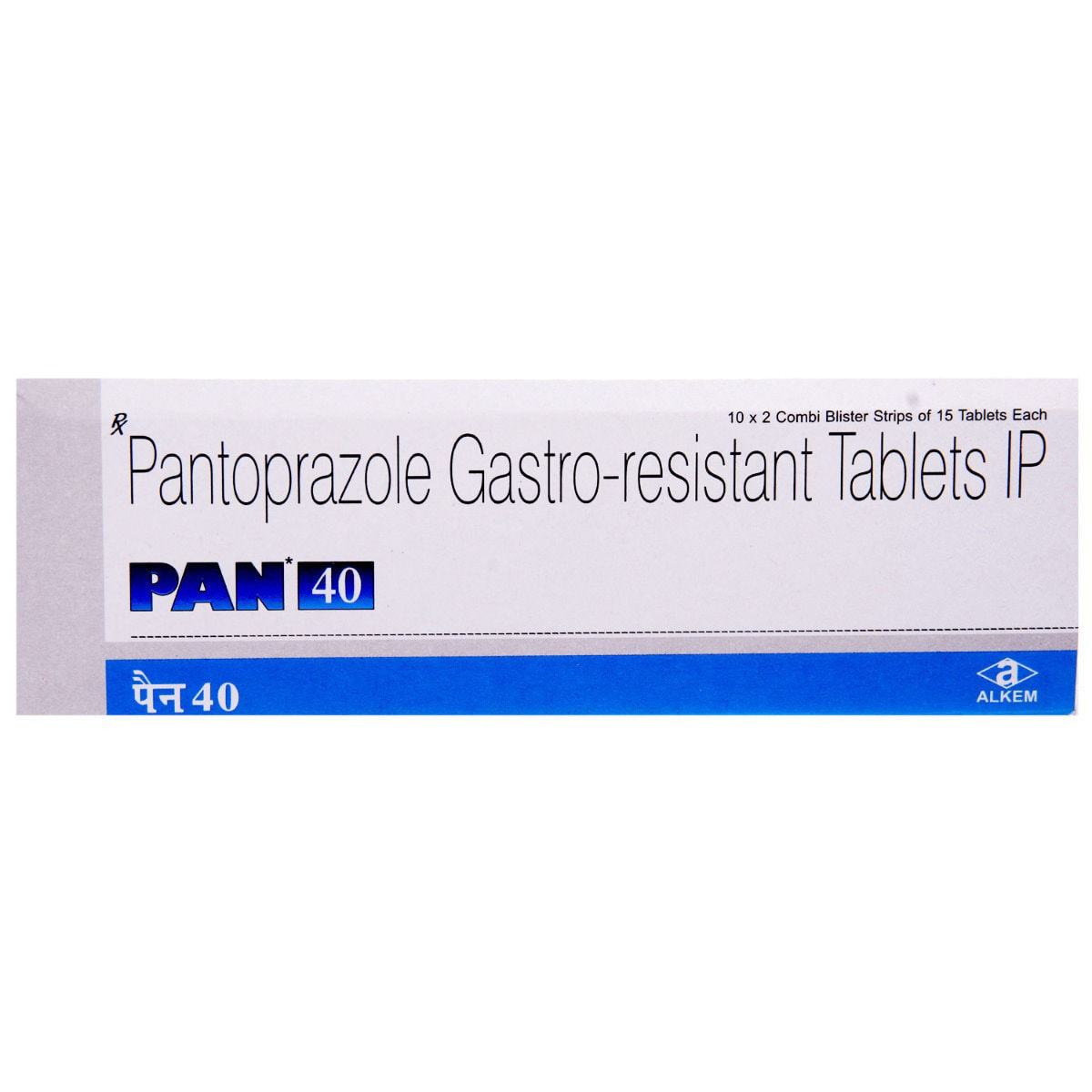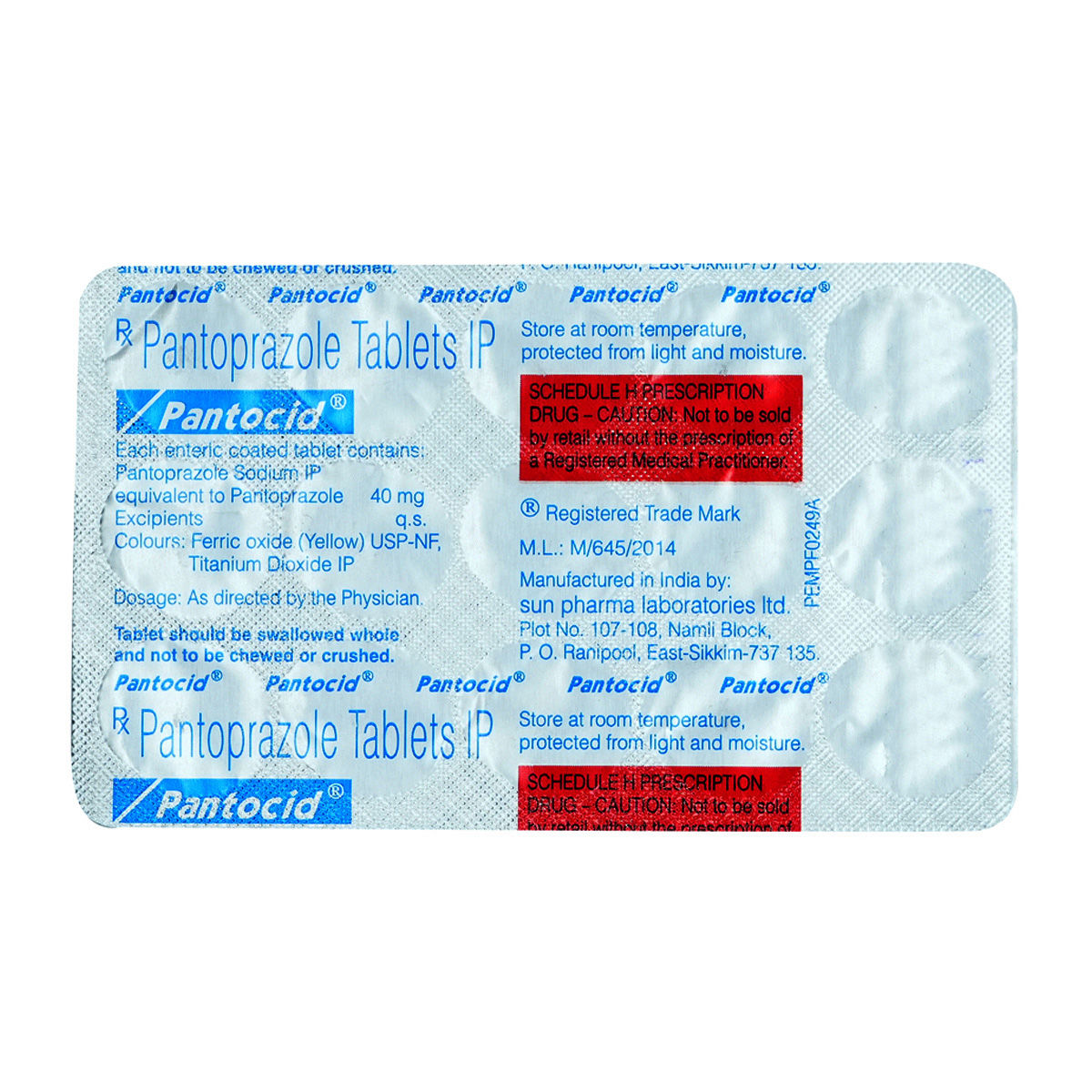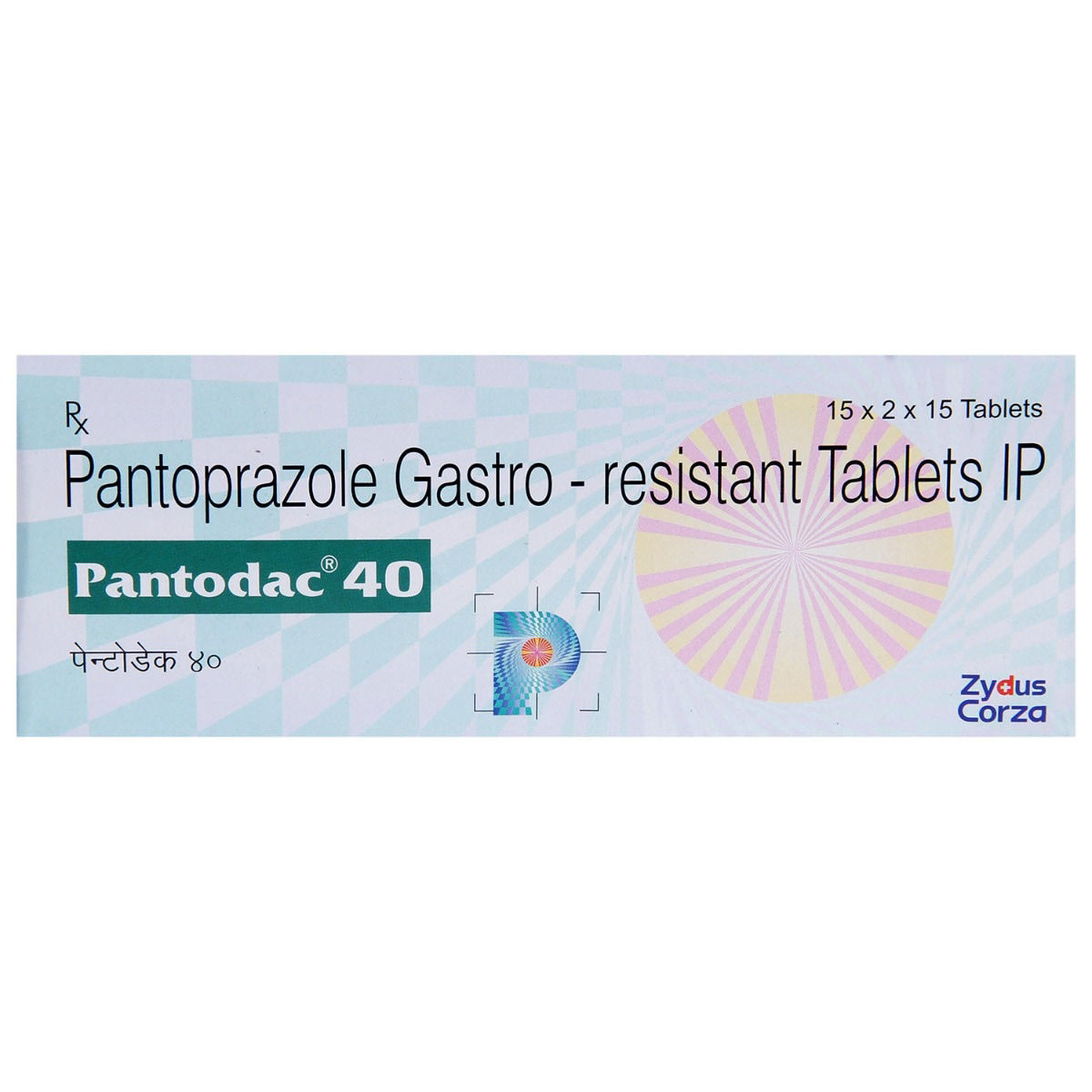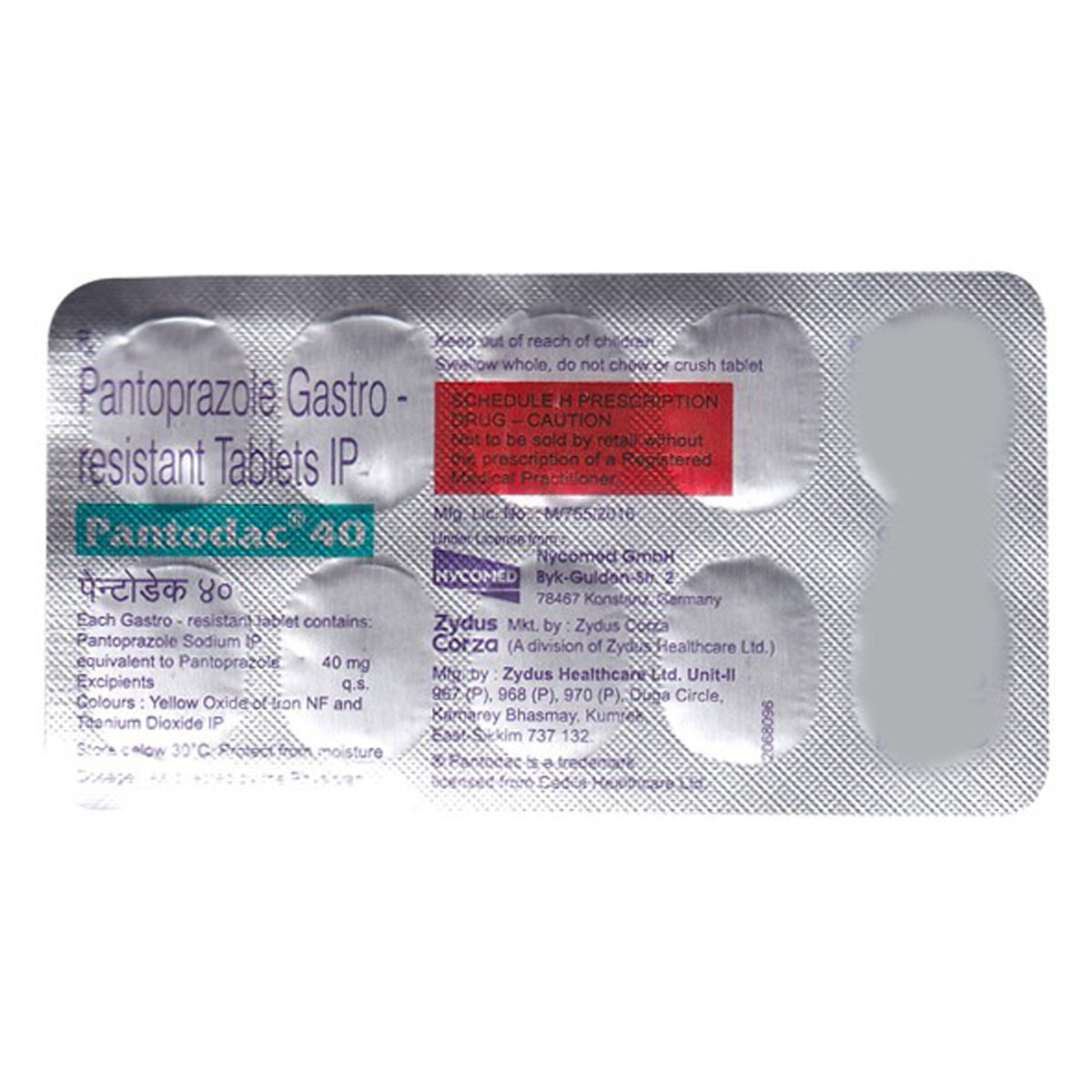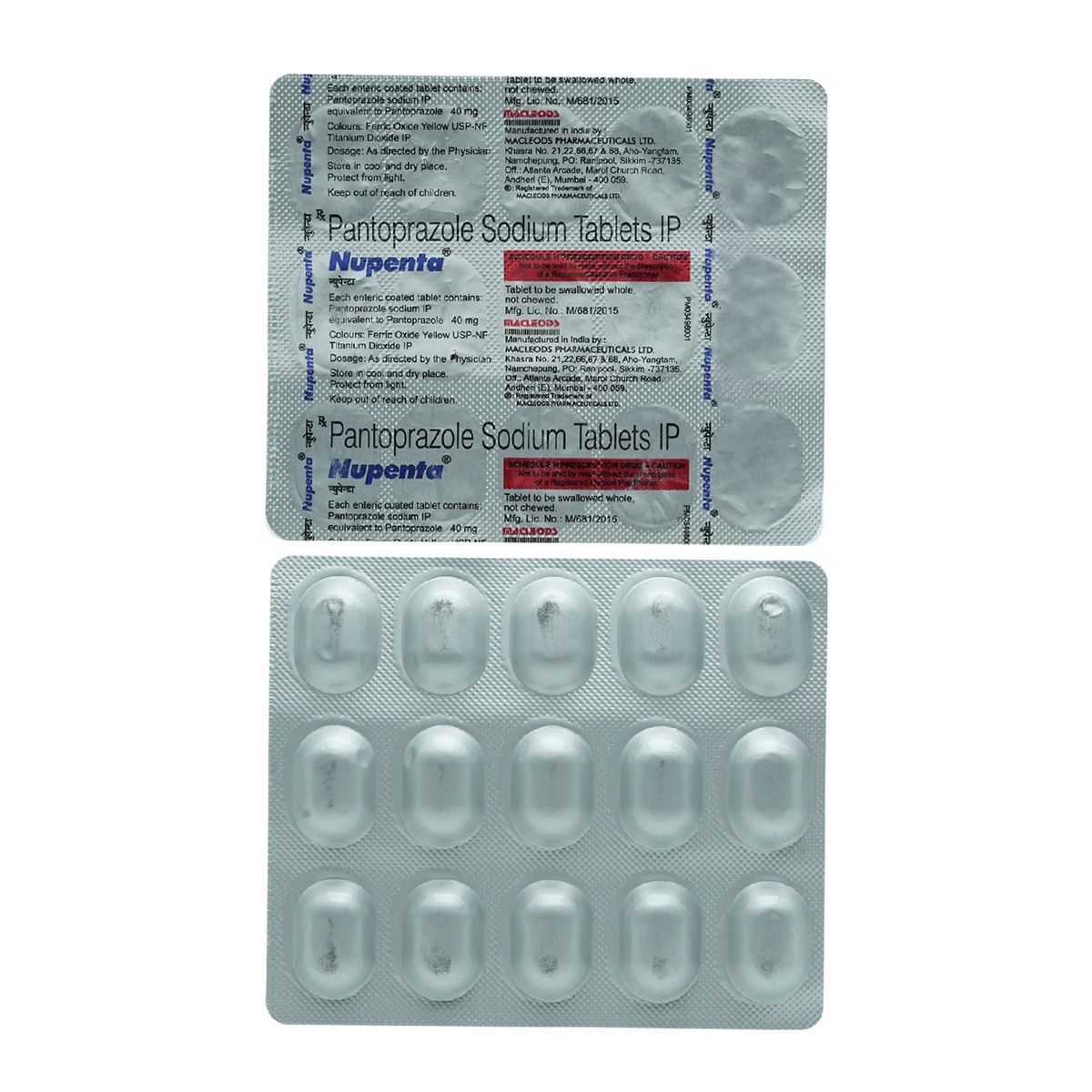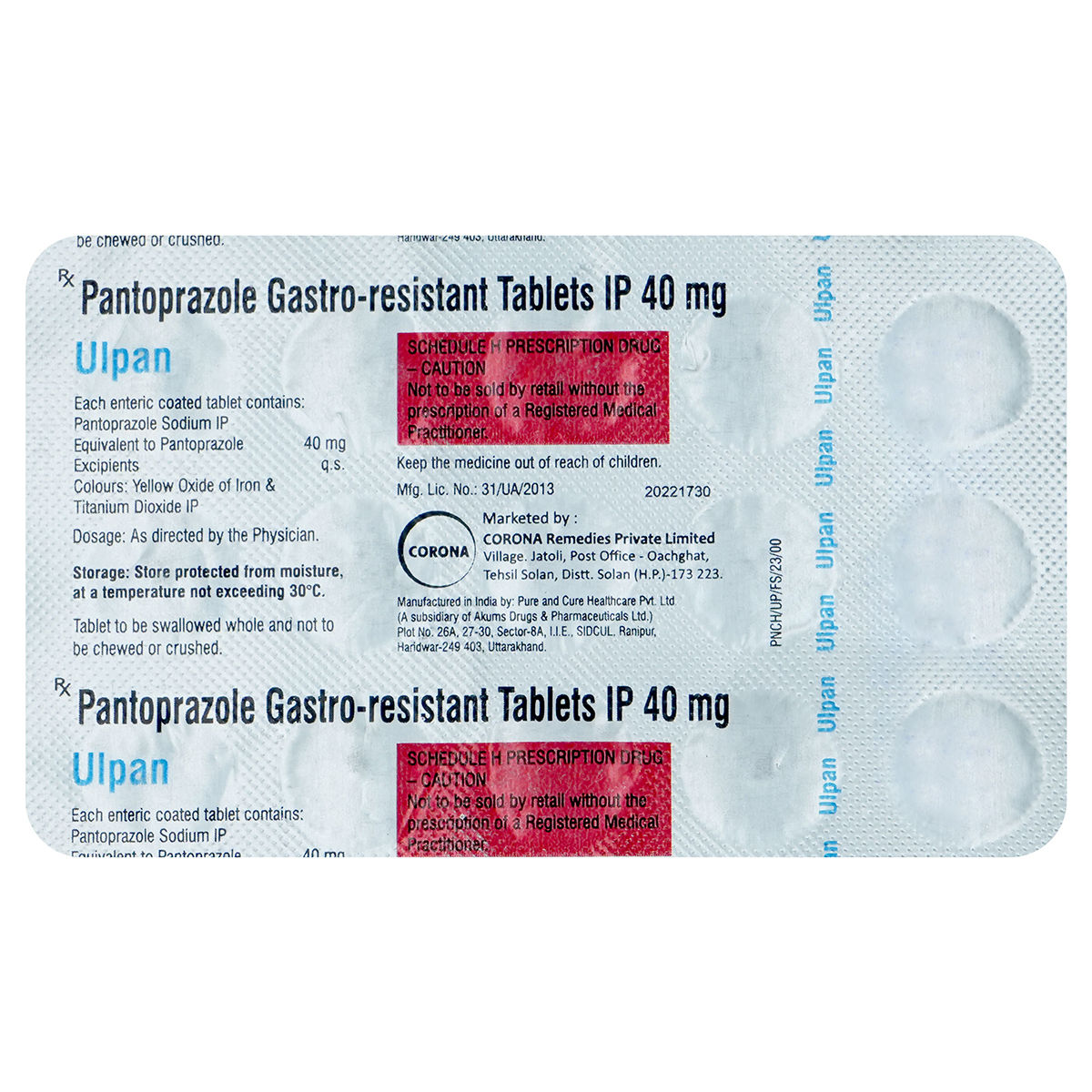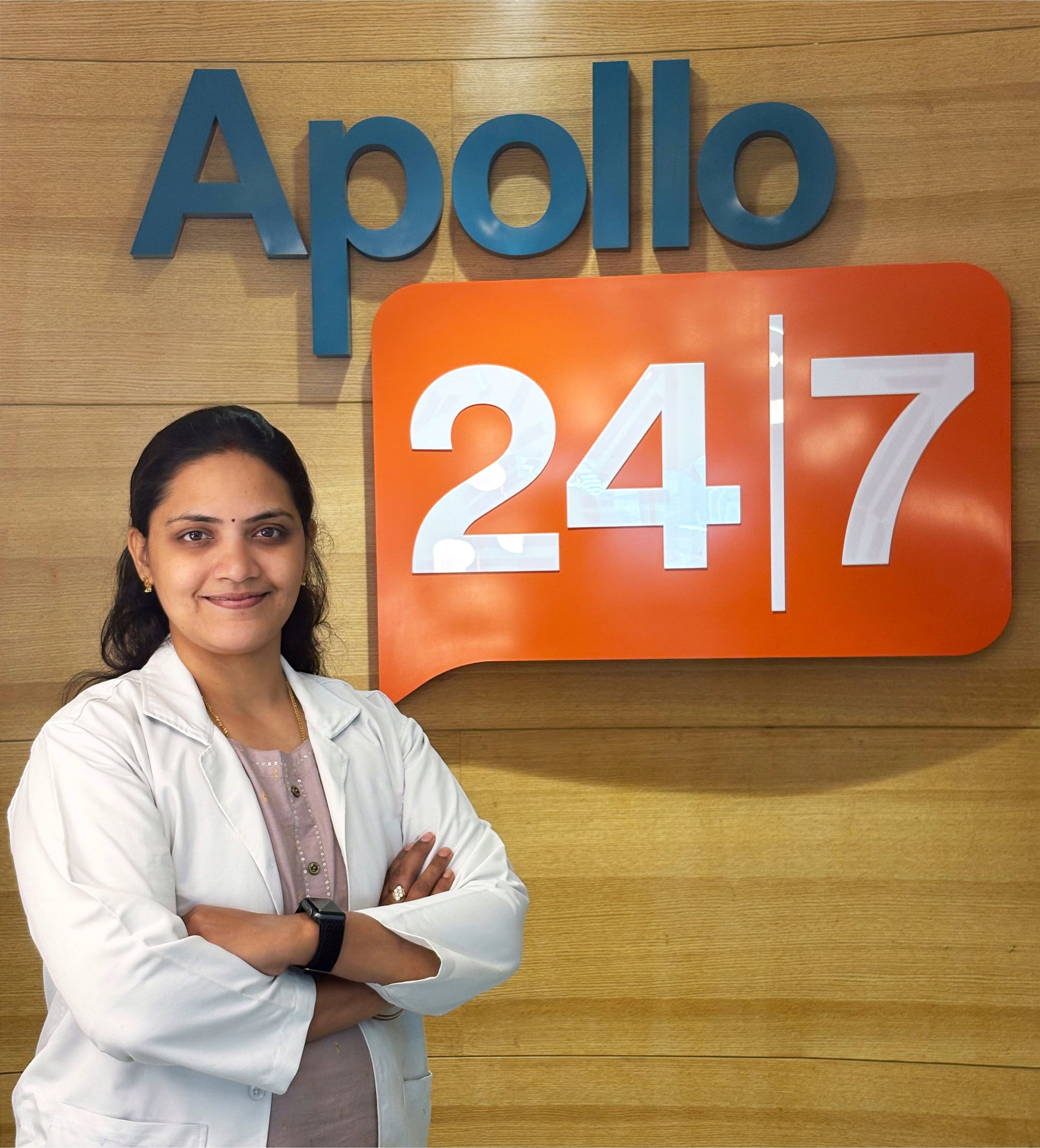Pantakind Tablet 15's
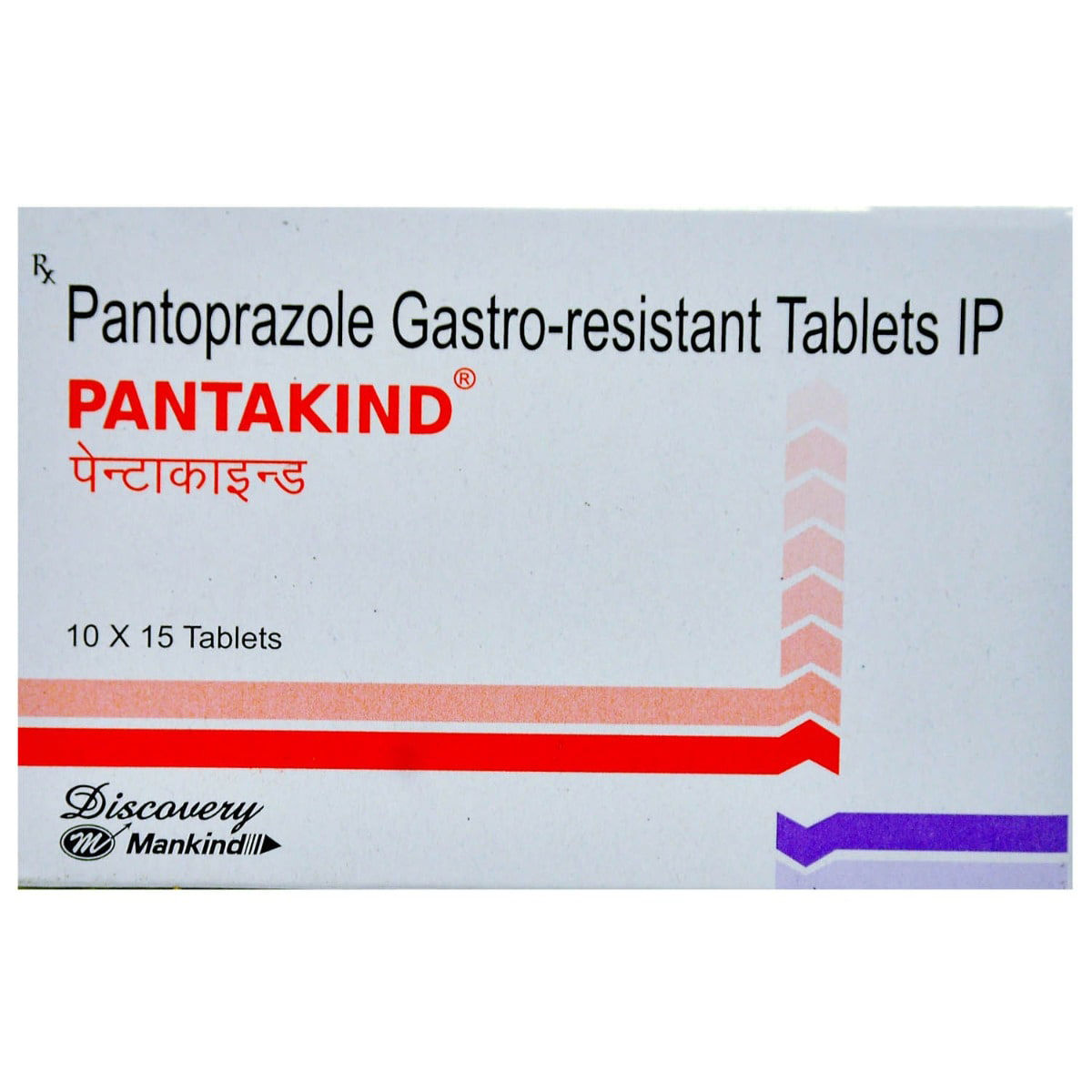
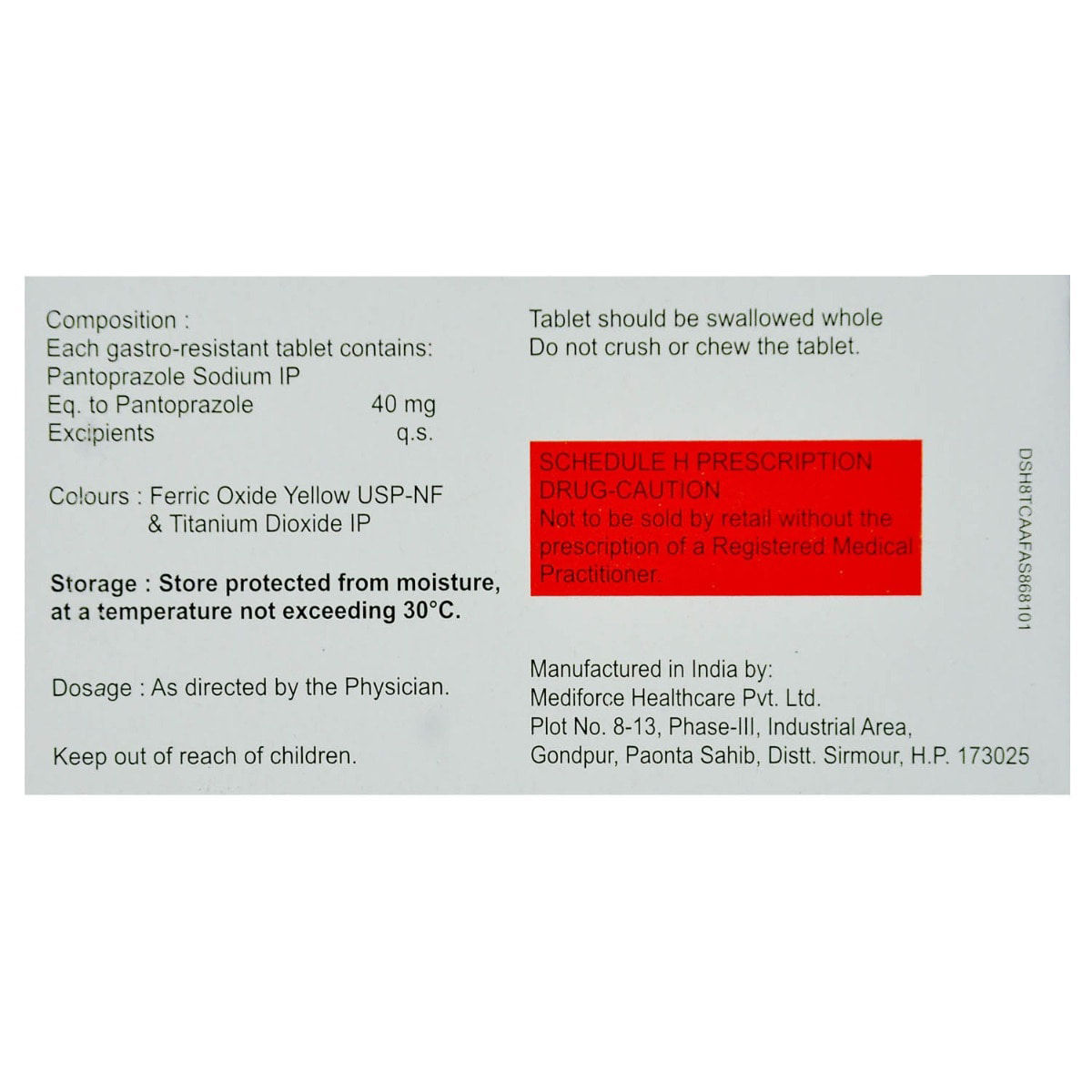

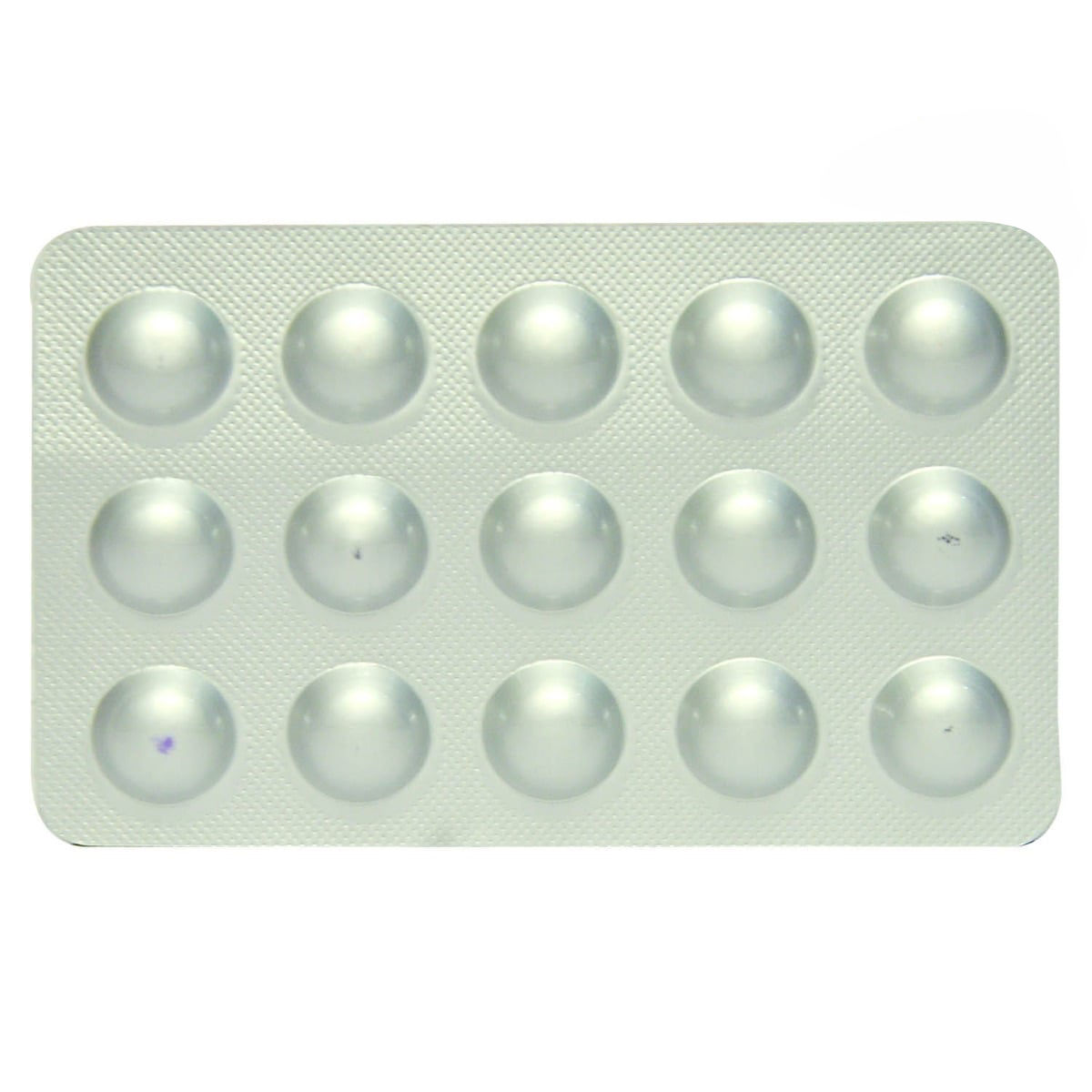
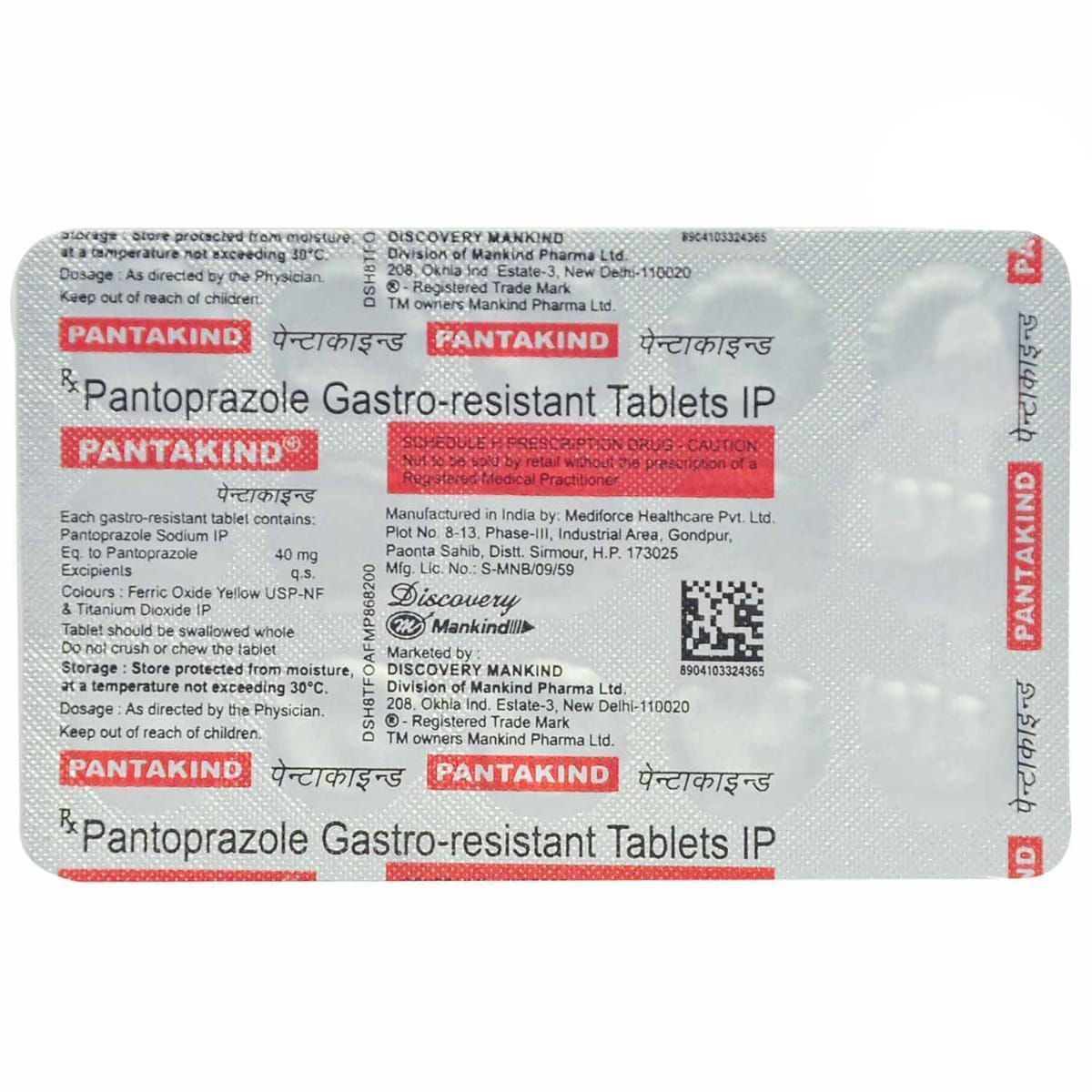
₹76.1*
MRP ₹84.5
10% off
₹71.82*
MRP ₹84.5
15% CB
₹12.68 cashback(15%)
Free Delivery
With Circle membership
(Inclusive of all Taxes)
This offer price is valid on orders above ₹800. Apply coupon PHARMA10/PHARMA18 (excluding restricted items)
Pantakind Tablet is used to treat gastroesophageal reflux disease (GERD), stomach ulcer, Zollinger Ellison syndrome (overproduction of acid due to pancreatic tumour), duodenal ulcer, gastric ulcer and Crohn's Disease-associated Ulcers. It contains Pantoprazole, which reduces the amount of acid your stomach makes. It prevents the release of stomach acid and relieves symptoms of food pipe lining inflammation (esophagitis), gastroesophageal reflux disease (GERD), or heartburn. It may cause common side effects like headache, diarrhoea, nausea, abdominal pain, vomiting, flatulence, dizziness, and arthralgia (joint pain). Before taking this medicine, you should tell your doctor if you are allergic to any of its components or if you are pregnant/breastfeeding, and about all the medications you are taking and pre-existing medical conditions.
Know Your Delivery Time
Provide Delivery Location
Available Offers
 Prescription drug
Prescription drugWhats That
 464 people bought
464 people bought 
Secure Payment

India's Most Trusted Pharmacy

Genuine Products
Composition :
Manufacturer/Marketer :
Consume Type :
Return Policy :
Expires on or after :
About Pantakind Tablet
Pantakind Tablet belongs to the class of drugs known as Proton pump inhibitor, which reduces the amount of acid your stomach makes. It treats gastroesophageal reflux disease (GERD), stomach ulcers, Zollinger-Ellison syndrome (overproduction of acid due to a pancreatic tumour), duodenal ulcers, gastric ulcers, and Crohn’s disease-associated ulcers.
Pantakind Tablet helps reduce stomach acid by blocking the action of an enzyme (H+/K+ ATPase, also known as the gastric proton pump). This proton pump lies in the cells of the stomach wall and is responsible for the release of gastric acid secretion, damaging tissues in the food pipe, stomach and duodenum. Pantakind Tablet prevents the release of stomach acid and relieves symptoms of food pipe lining inflammation (esophagitis), gastroesophageal reflux disease (GERD), or heartburn.
Pantakind Tablet may have common side effects, such as headache, diarrhoea, nausea, abdominal pain, vomiting, flatulence, dizziness, and arthralgia (joint pain). These side effects are temporary and may resolve on their own over time. However, if these side effects persist, don't hesitate to contact your doctor.
Pantakind Tablet is safe for pregnant and breastfeeding mothers but should be taken only after consulting a doctor. Tell your doctor if you have stomach or intestinal cancer, liver problems, are allergic to Pantakind Tablet or will have an endoscopy in the future. Prolonged intake of Pantakind Tablet may cause a deficiency of Vitamin B12 and low levels of calcium, magnesium and Vitamin D, leading to osteoporosis.
Uses of Pantakind Tablet
• Gastric reflux disease (GERD): Pantakind Tablet is frequently used to treat GERD by decreasing the production of stomach acid, which lessens the symptoms of acid reflux and heartburn.
• Erosive Esophagitis: This medication efficiently promotes healing and symptom relief for this ailment, which is brought on by inflammation and damage to the esophagus as a result of acid reflux.
• Peptic Ulcers: By lowering stomach acid, Pantakind Tablet can be used to treat peptic ulcers and promote the healing of the affected areas.
• Zollinger-Ellison Syndrome: This uncommon ailment results in an overabundance of stomach acid. Pantakind Tablet considerably lowers acid secretion, which aids with symptom management.
Directions for Use
Tablet/capsule: Swallow it as a whole with water; do not crush, break or chew it. Granules for Suspension: Firstly, shake the container and open the cap. Add the granules from the packet to a cup containing 1 teaspoon of applesauce or apple juice. Mix well for 5 seconds and make your child drink immediately. Pantakind Tablet should be given 30 min before meals.
Medicinal Benefits
Pantakind Tablet is effective in healing erosive esophagitis (inflammation of the food pipe), relieving symptoms of gastroesophageal reflux disease (heartburn), Zollinger-Ellison syndrome, duodenal ulcers, gastric ulcers, and Crohn’s disease-associated ulcers. Pantakind Tablet works by irreversibly blocking the proton pump gate, which secretes stomach acid. It can be prescribed to all age groups, including special populations like the elderly, pregnant, lactating mothers, and patients with kidney and liver disease.
How Pantakind Tablet Works
Storage
- Hydrate your body: Drink enough water to prevent dehydration and headaches.
- Calm Your Mind: Deep breathing and meditation can help you relax and relieve stress.
- Rest and Recharge: Sleep for 7-8 hours to reduce headache triggers.
- Take rest: lie down in a quiet, dark environment.
- Cold or warm compresses can help reduce tension.
- Stay Upright: Maintain good posture to keep symptoms from getting worse.
- To treat headaches naturally, try acupuncture or massage therapy.
- Over-the-counter pain relievers include acetaminophen and ibuprofen.
- Prescription Assistance: Speak with your doctor about more substantial drug alternatives.
- Severe Headaches: Seek emergency medical assistance for sudden, severe headaches.
- Frequent Headaches: If you get reoccurring headaches, consult your doctor.
- Headaches with Symptoms: Seek medical attention if your headaches include fever, disorientation, or weakness.
- Drink water or other clear fluids.
- To prevent worsening of pain, limit intake of tea, coffee, or alcohol.
- Include bland foods like rice, toast, crackers, and rice in your diet.
- Avoid lying down immediately after eating as it may cause indigestion or heartburn.
- Avoid acidic and spicy food as it may cause indigestion.
- Chest pain may last for a while and needs immediate medical attention as it is a significant health issue to be attended to.
- Take rest and refrain from doing physical activity for a while, and restart after a few days.
- Try applying an ice pack to the strained area for at least 20 minutes thrice a day. Ice pack thus helps reduce inflammation.
- Sit upright and maintain proper posture if there is persistent chest pain. • Use extra pillows to elevate your position and prop your chest up while sleeping.
- Inform Your Doctor: Notify your doctor immediately about your diarrhoea symptoms. This allows them to adjust your medication or provide guidance on managing side effects.
- Stay Hydrated: Drink plenty of fluids to replace lost water and electrolytes. Choose water, clear broth, and electrolyte-rich drinks. Avoid carbonated or caffeinated beverages to effectively rehydrate your body.
- Follow a Bland Diet: Eat easy-to-digest foods to help firm up your stool and settle your stomach. Try incorporating bananas, rice, applesauce, toast, plain crackers, and boiled vegetables into your diet.
- Avoid Trigger Foods: Steer clear of foods that can worsen diarrhoea, such as spicy, fatty, or greasy foods, high-fibre foods, and dairy products (especially if you're lactose intolerant).
- Practice Good Hygiene: Maintain good hygiene to prevent the spread of infection. To stay healthy, wash your hands frequently, clean and disinfect surfaces regularly, and avoid exchanging personal belongings with others.
- Take Anti-Diarrheal Medications: If your doctor advises, anti-diarrheal medications such as loperamide might help manage diarrhoea symptoms. Always follow your doctor's directions.
- Keep track of your diarrhoea symptoms. If they don't get better or worse or are accompanied by severe stomach pain, blood, or dehydration signs (like extreme thirst or dark urine), seek medical help.
- Inform your doctor about your constipation symptoms. They may adjust your medication or advise alternative treatments.
- Stay hydrated by drinking sufficient of water (at least 8-10 glasses a day) to help soften stool and promote bowel movements.
- Increase fibre intake by eating foods high in fibre, such as fruits, whole grains, vegetables and legumes, to help bulk up the stool.
- Establish a bowel routine by trying to go to the bathroom at the same time each day to train your bowels.
- Engaging in regular exercise, like walking or yoga, can support in bowel movement stimulation.
- Consult your doctor if constipation persists, and discuss alternative treatments or adjustments to your medication.
- Report the itching to your doctor immediately; they may need to change your medication or dosage.
- Use a cool, damp cloth on the itchy area to help soothe and calm the skin, reducing itching and inflammation.
- Keep your skin hydrated and healthy with gentle, fragrance-free moisturizers.
- Try not to scratch, as this can worsen the itching and irritate your skin.
- If your doctor prescribes, you can take oral medications or apply topical creams or ointments to help relieve itching.
- Track your itching symptoms and follow your doctor's guidance to adjust your treatment plan if needed. If the itching persists, consult your doctor for further advice.
- Skin rash caused by allergies is due to irritants or allergens. Therefore, avoid contact with such irritants.
- Consult your doctor for proper medication and apply an anti-itch medication. Follow the schedule and use the medication whenever needed.
- Protect your skin from extreme heat and try to apply wet compresses.
- Soak in the cool bath, which gives a soothing impact to the affected area.
What if I have taken an overdose of Pantakind Tablet
Drug Warnings
You should avoid taking Pantakind Tablet if you are allergic to Pantakind Tablet or proton pump inhibitors, have gastric cancer, liver disease, low magnesium level (osteoporosis), low vitamin B12, are pregnant or planning for pregnancy or are breastfeeding mothers. Pantakind Tablet may interact with a blood thinner (warfarin), antifungal (ketoconazole), anti-HIV drug (atazanavir, nelfinavir), iron supplements, ampicillin antibiotic, and anti-cancer drug (methotrexate). Let your doctor know if you are taking these medicines. Prolonged intake of Pantakind Tablet may cause lupus erythematosus (an inflammatory condition in which the immune system attacks its own tissues), Vitamin B12, and magnesium deficiency. Intake of Pantakind Tablet may mask the symptoms of gastric cancer, so if you have any severe stomach pain or gastric bleeding (blood in mucous or stool), immediately consult the doctor.
Drug-Drug Interactions
Drug-Drug Interactions
Login/Sign Up
Co-administration of Rilpivirine is taken with Pantakind Tablet, can decrease the absorption and blood levels of Rilpivirine and make the medication less effective.
How to manage the interaction:
Taking Pantakind Tablet with Rilpivirine can lead to an interaction, please consult a doctor before taking it. Do not stop using any medications without talking to a doctor.
Co-administration of Methotrexate with Pantakind Tablet can increase the levels and side effects of Methotrexate.
How to manage the interaction:
Although there is a possible interaction between Pantakind Tablet and methotrexate, you can take these medicines together if prescribed by a doctor. However, if you experience any symptoms such as nausea, vomiting, loss of appetite, increased or decreased urination, sudden weight gain or weight loss, fluid retention, swelling, shortness of breath, tiredness, weakness, or dizziness, consult a doctor. Do not stop using any medications without consulting a doctor.
Taking Gefitinib with Pantakind Tablet reduces the acidity level in the stomach and may interfere with the absorption of Gefitinib and reduce its effectiveness.
How to manage the interaction:
Taking Pantakind Tablet with Gefitinib together can possibly result in an interaction, it can be taken if your doctor has advised it. You are recommended to take gefitinib 12 hours before or 12 hours after Pantakind Tablet to help minimize the impact of the interaction. Do not discontinue the medication without consulting a doctor.
Taking Pantakind Tablet with Pazopanib may reduce the effectiveness of pazopanib.
How to manage the interaction:
If you are supposed to take Pantakind Tablet and Pazopanib together, but can be taken together if prescribed by a doctor. However, if you experience any unusual symptoms contact your doctor immediately. Do not stop using any medications without first talking to your doctor.
Taking Dasatinib with Pantakind Tablet may decrease the blood levels of Dasatinib and reduce its effectiveness.
How to manage the interaction:
Taking Pantakind Tablet with Dasatinib together can result in an interaction, but it can be taken if a doctor has advised it. In case of any unusual side effects, contact a doctor. Do not stop using any medications without a doctor's advice.
Taking Nelfinavir with Pantakind Tablet may decrease the absorption and blood levels of Nelfinavir and reduce its effectiveness.
How to manage the interaction:
Taking Pantakind Tablet with Nelfinavir together can possibly result in an interaction, but it can be taken if a doctor has advised it. A doctor can recommend other options that won't cause any problems when taken together. Do not stop using any medications without a doctor's advice.
Taking Pantakind Tablet can make Dacomitinib less effective by reducing its absorption in the body.
How to manage the interaction:
Taking Pantakind Tablet with Dacomitinib together can possibly result in an interaction, but it can be taken if a doctor has advised it. A doctor can recommend other options that won't cause any problems when taken together. Do not stop using any medications without a doctor's advice.
Taking Erlotinib with Pantakind Tablet may interfere with the absorption of Erlotinib into the bloodstream, and reduce its effectiveness.
How to manage the interaction:
Taking Pantakind Tablet with Erlotinib together can possibly result in an interaction, but it can be taken if a doctor has advised it. A doctor can recommend other options that won't cause any problems when taken together. Do not stop using any medications without a doctor's advice.
Co-administration of Pantakind Tablet reduces stomach acid, decreases the absorption and blood levels of Atazanavir, and reduces its effectiveness.
How to manage the interaction:
Taking Pantakind Tablet with Atazanavir together can possibly result in an interaction, but it can be taken if a doctor has advised it. A doctor can recommend other options that won't cause any problems when taken together. Do not stop using any medications without a doctor's advice.
Drug-Food Interactions
Drug-Food Interactions
Login/Sign Up
Diet & Lifestyle Advise
- Avoid consuming foods or drinks that trigger acid reflux or heartburn, such as onions, peppermint, chocolate, caffeinated beverages, citrus fruits or juices, tomatoes, high-fat foods, and spicy foods.
- Before going to sleep, raise your bedhead so that your head and chest are higher than your feet. Do not use piles of pillows; one raised block is fine. This will prevent stomach acid from backing up into your food pipe.
- Avoid taking alcohol and smoking cigarettes. Alcohol can raise the level of production of stomach acid, leading to heartburn and acid reflux. On the other hand, nicotine smoking damages the valve (sphincter), preventing the backflow of the stomach acid into the food pipe.
- Include high-fibre-containing foods, such as berries, cherries, leafy green veggies (like kale and spinach), and black pepper in your meal. These foods are rich in antioxidants, calcium, and vitamin B12, which can help mitigate the long-term effects of the medicine. Fermented dairy products like miso, sauerkraut, and kimchi contain probiotics which help in the prevention of excess stomach acid production. Cranberry juice can be beneficial for peptic ulcers and H. pylori infection.
- Avoid sitting for long periods, as it can increase stomach acid production. Try to take a 5-minute break every hour by going for a brisk walk or stretching.
Habit Forming
Therapeutic Class
Pantakind Tablet Substitute

Nicopenta 40 Tablet 10's
by Others
₹13.80per tabletPantop 40 Tablet 15's
by Others
₹11.30per tabletPAN 40 Tablet 15's
by Others
₹10.17per tabletPantocid Tablet 15's
by Others
₹11.61per tabletPantodac 40 mg Tablet 15's
by Others
₹14.37per tablet
Product Substitutes
Alcohol
Caution
Drinking alcohol with Pantakind Tablet may cause dehydration and elevate the level of stomach acid thereby decreasing its efficiency. So try to avoid, limit alcohol or contact doctor before intake of Pantakind Tablet .
Pregnancy
Caution
It is not known whether Pantakind Tablet affects the baby or not. So, contact a doctor before intake of Pantakind Tablet . Your doctor will weigh the benefits and potential risks before prescribing it.
Breast Feeding
Caution
Pantakind Tablet passes into the breast milk. However, no evidence of risk has been reported. Please consult your doctor before intake of Pantakind Tablet . Your doctor will weigh the benefits and potential risks before prescribing it.
Driving
Caution
In some cases, Pantakind Tablet may cause dizziness, sleepiness, or blur vision. If you observe these symptoms, do not drive or operate heavy machinery until you feel better.
Liver
Caution
Pantakind Tablet should be taken with caution if you have liver problems.
Kidney
Caution
Patients with kidney disease should consult a doctor before taking Pantakind Tablet .
Children
Caution
Pantakind Tablet is not be prescribed for children under 5 years of age. It is generally prescribed from 5-16 years of children for the treatment of gastroesophageal reflux disease (GERD).
FAQs
Pantakind Tablet is used to treat Hyperacidity, Heartburn, and Peptic ulcer.
Pantakind Tablet prevents the release of stomach acid and relieves symptoms of food pipe lining inflammation (esophagitis), gastroesophageal reflux disease (GERD), or heartburn.
No. Gas and acidity are two different common discomforts. Acidity is caused when the improper functioning of the valve (sphincter) is located at the junction of the stomach and the food pipe. As a result, stomach acid backs up and enters the upper part of the oesophagus, causing heartburn. On the other hand, gas is a byproduct of digestion, eliminating gases like carbon dioxide, hydrogen, nitrogen, and methane from the body.
Yes. Pantakind Tablet can alter specific medical tests, such as neuroendocrine tumour (secretin stimulation test) and urine screening tests for tetrahydrocannabinol (THC). So, before undergoing such tests, contact your doctor.
Prolonged intake of Pantakind Tablet may weaken your bone and lower your haemoglobin level. Your doctor may prescribe you Vitamin B12 for enhancing haemoglobin and calcium/vitamin D/magnesium supplements for bone health.
No. Pantakind Tablet prevents the excessive production of stomach acid, which can cause acid reflux and heartburn. If blood is present in your stool or mucus, contact your doctor immediately.
Prolonged intake of Pantakind Tablet may lead to atrophic gastritis (inflammation of stomach cells), Vitamin B12 deficiency and weakening of bones or osteoporosis (loss of calcium, magnesium and vitamin D). Your doctor may prescribe calcium, vitamin D or haemoglobin-enhancing medications to cope with long-term side effects.
No. Pantakind Tablet is not prescribed for stomach cancer. Do not take Pantakind Tablet until your doctor has prescribed it to you. Pantakind Tablet is only indicated for the treatment of hyperacidity, acid reflux symptoms (GERD), heartburn and Zollinger-Ellison syndrome.
You should start to feel better in 2-3 days of starting Pantakind Tablet . However, it might take up to 4 weeks for Pantakind Tablet to work properly. Consult a doctor if you don't feel better or if your condition doesn't improve.
A single dose of Pantakind Tablet may not be sufficient. To treat your condition properly, take Pantakind Tablet in the dose and for the duration prescribed by your doctor.
Yes, it is safe to take Pantakind Tablet if your doctor prescribes it. It is a well-tolerated medicine.
Pantakind Tablet is usually prescribed for a short term. However, in some cases, it may be indicated in the long-term management of reflux oesophagitis. If you take Pantakind Tablet on a long-term basis (longer than 1 year), your doctor will advise regular monitoring.
It is best to take Pantakind Tablet 30 minutes to one hour before a meal.
Pantakind Tablet should not be discontinued without a doctor’s consultation. To treat your condition effectively, take Pantakind Tablet for as long as it has been prescribed. Talk to the doctor if you have any concerns.
Pantakind Tablet may cause weight changes as a side effect. Consult the doctor if you notice any weight changes that bother you.
Avoid alcohol consumption as it might make your stomach produce more acid than usual. This can irritate the stomach lining and make your symptoms worse.
Antacids can be taken with Pantakind Tablet if prescribed by the doctor. However, maintain a 2-hour gap between Pantakind Tablet and antacid medicines.
Eat smaller and more frequent meals. Avoid foods that trigger acidity, such as fatty and fried foods, spicy foods, carbonated drinks, and alcohol. Include non-citrus fruits, vegetables, lean meat, oatmeal, whole-grain bread, and rice in your diet. Do not lie down immediately after eating, and avoid vigorous exercise for at least a couple of hours afterwards.
Yes, it is safe to take painkillers along with Pantakind Tablet if advised by the doctor. To prevent stomach upset, painkillers can be taken with or just after a meal.
Pantakind Tablet should be swallowed as a whole with water; do not crush, break or chew it. Pantakind Tablet should be taken 30-60 minutes before meal.
Take the missed dose as soon as you remember, unless it is time for the scheduled dose. Do not take a double dose to make up for the forgotten dose. Take your next regular dose at the usual time.
In some people, Pantakind Tablet may cause side effects such as headaches, diarrhoea, nausea, abdominal pain, vomiting, flatulence, dizziness, and arthralgia (joint pain). Most of these side effects are temporary and usually resolve over time. However, if any side effects persist or worsen, contact your doctor.
Country of origin
Manufacturer/Marketer address
Customers Also Bought
Disclaimer
Author Details
We provide you with authentic, trustworthy and relevant information












